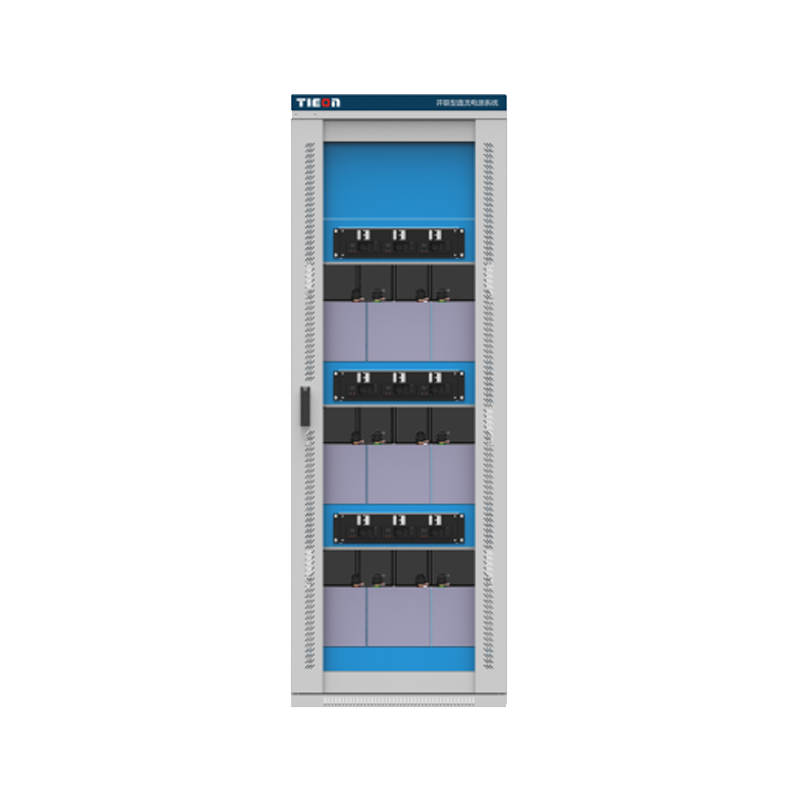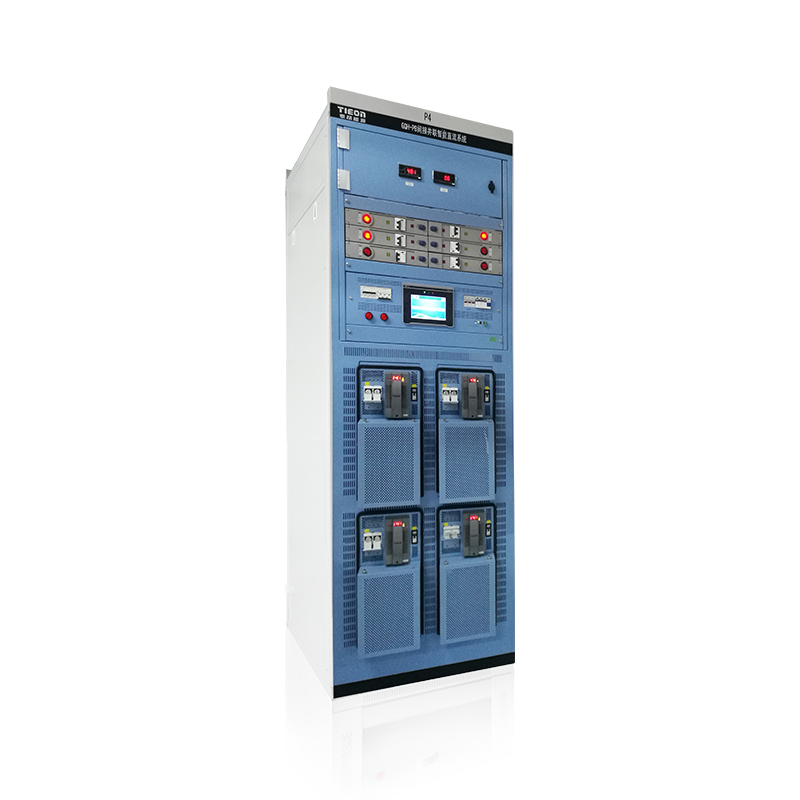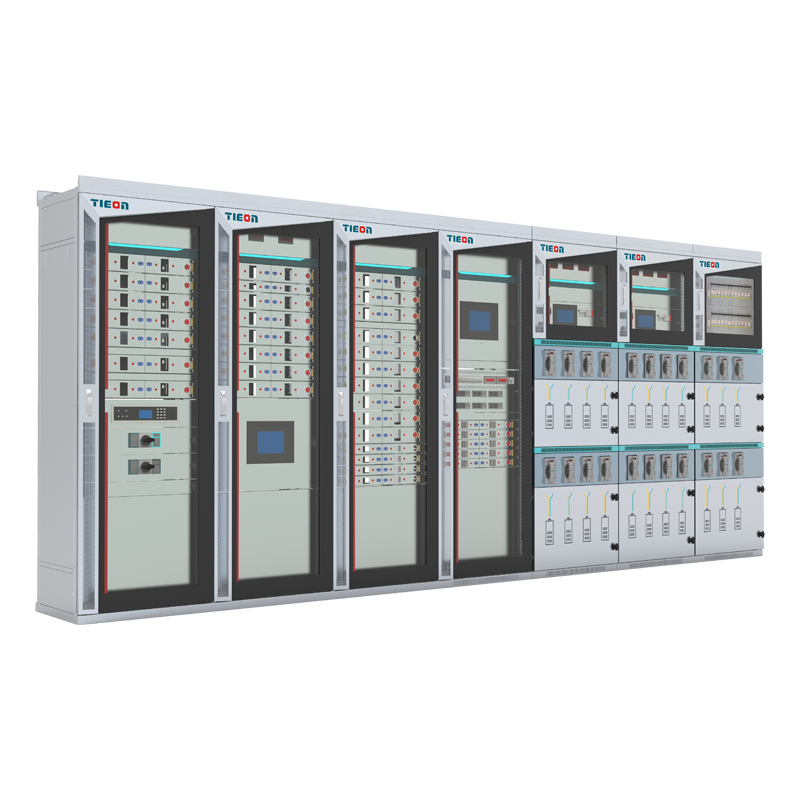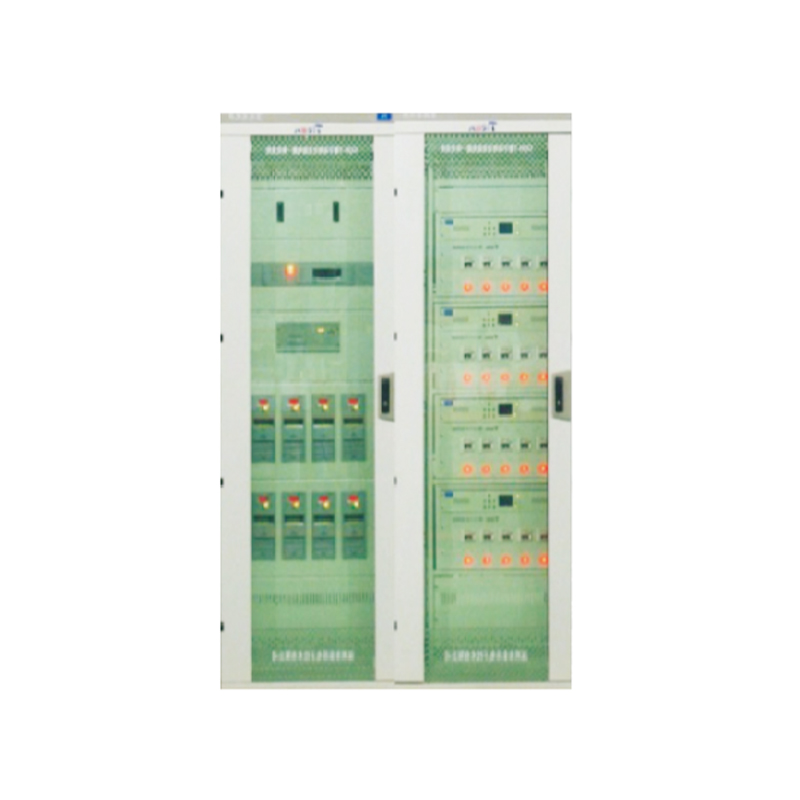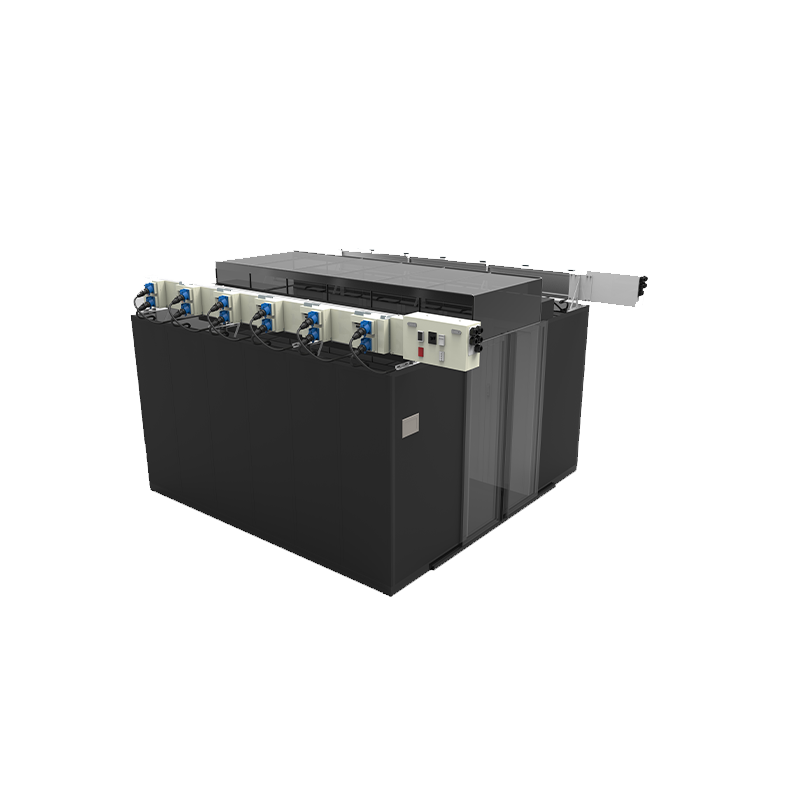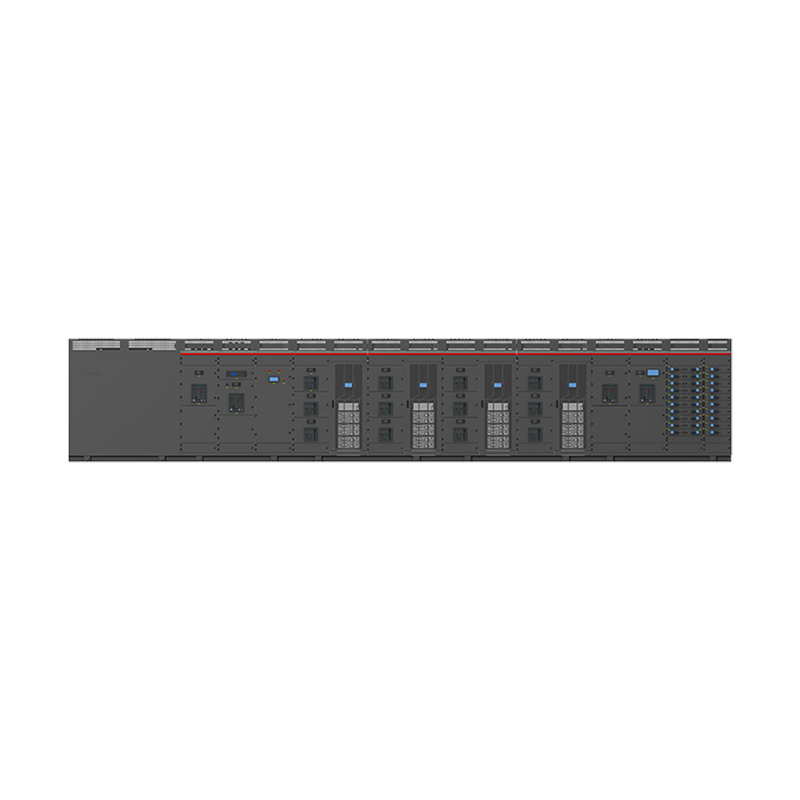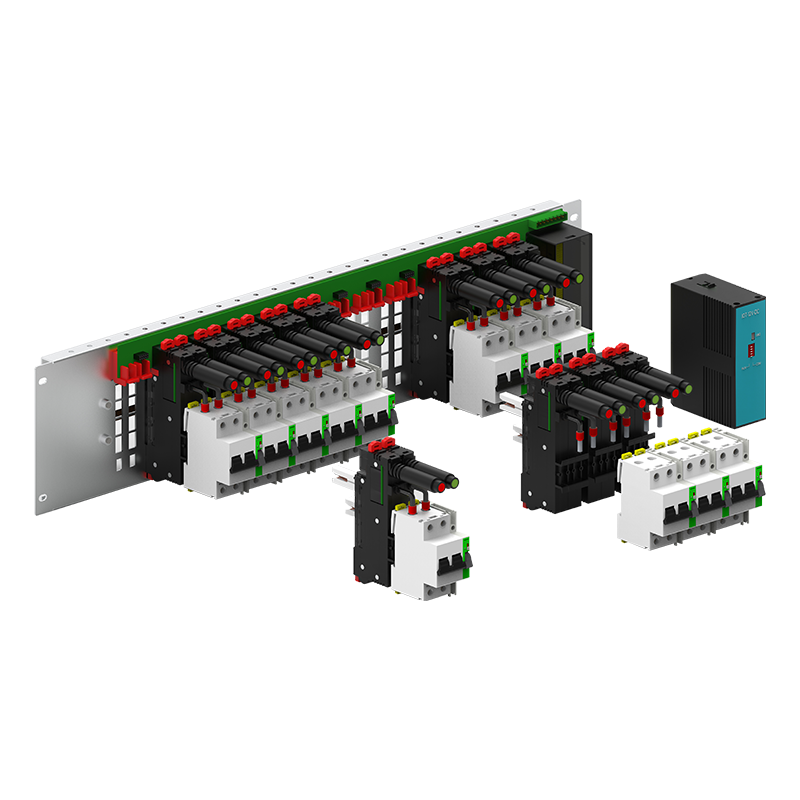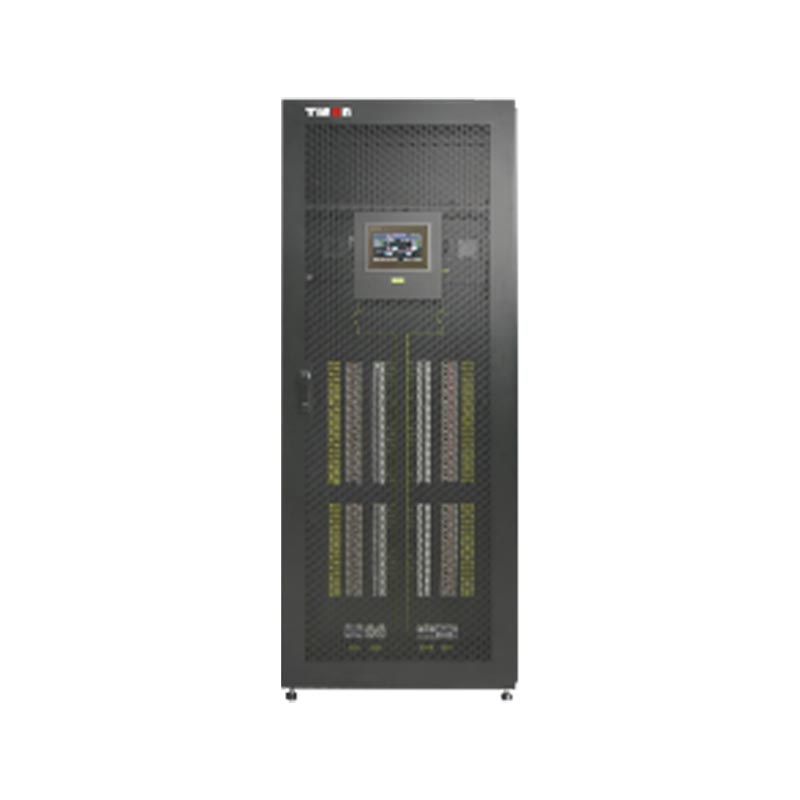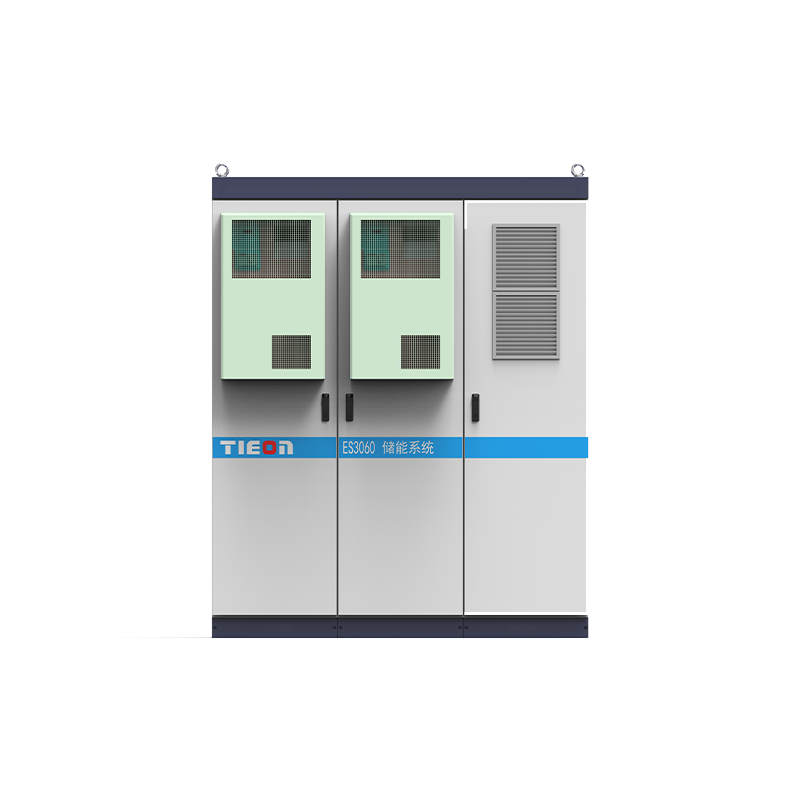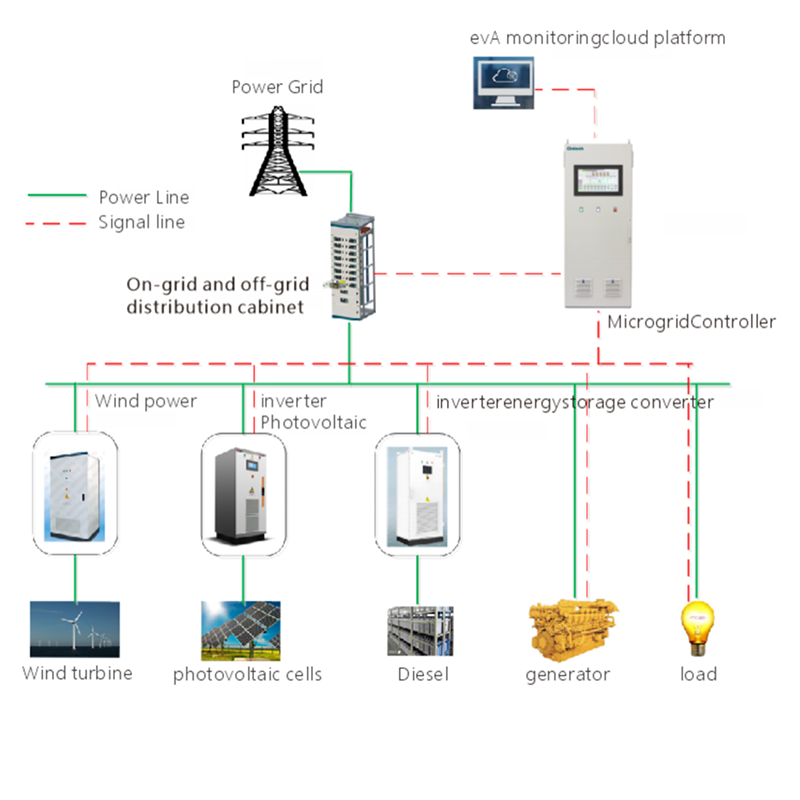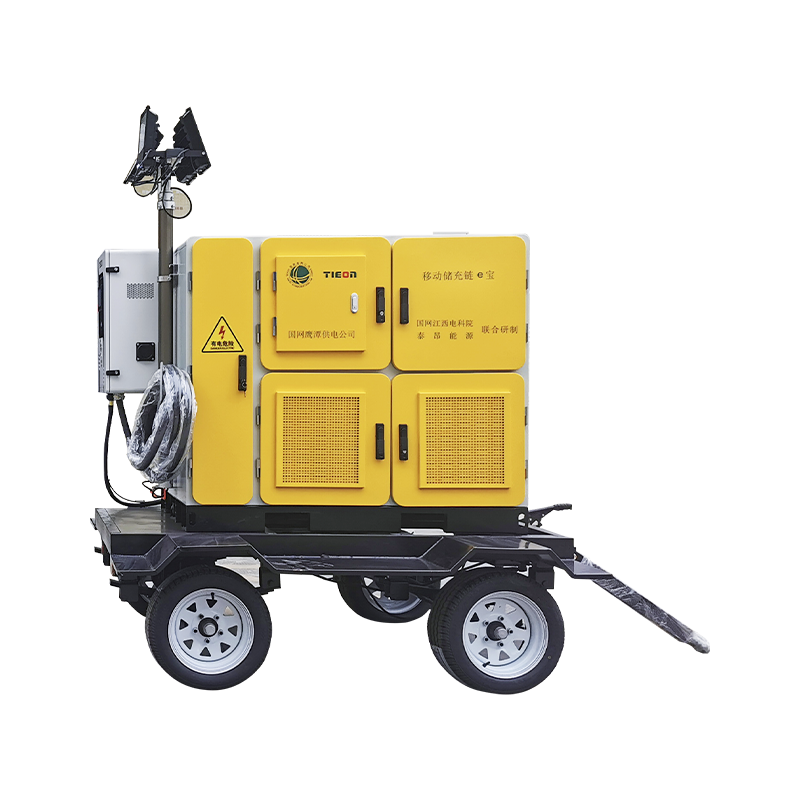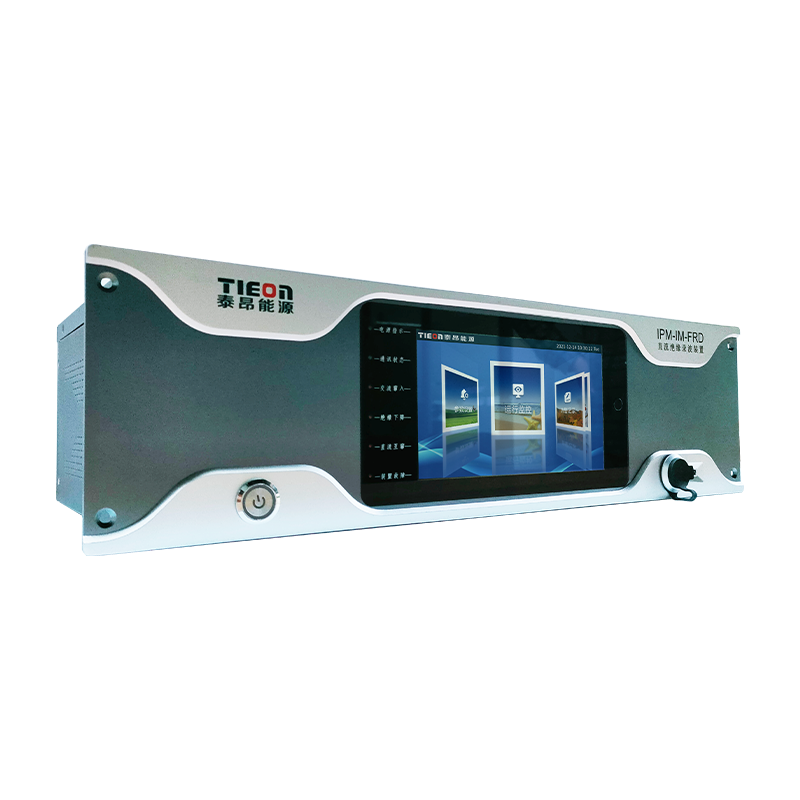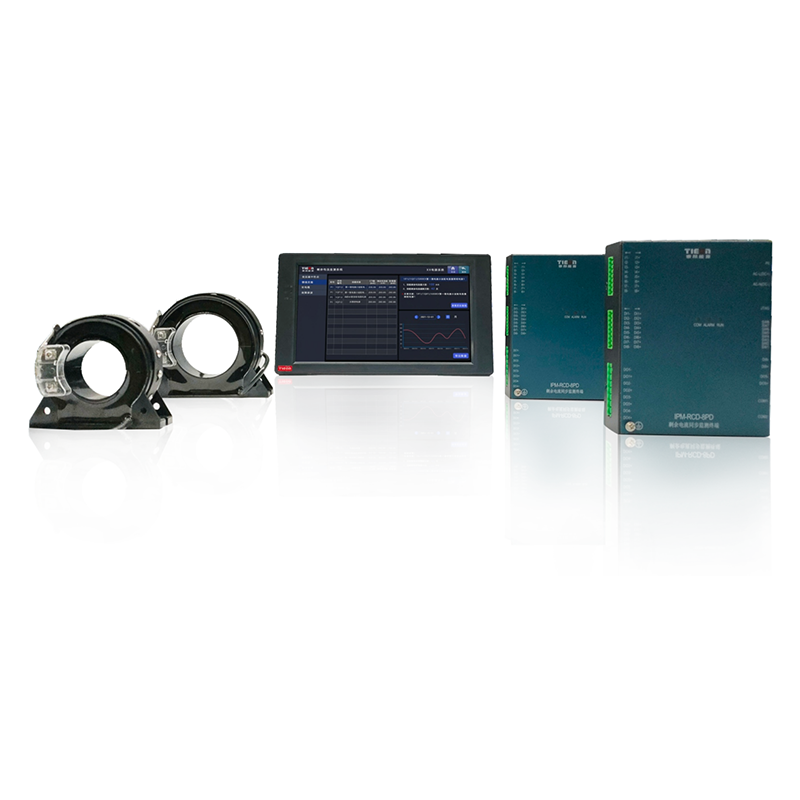A commercial energy storage system has become highly advanced, as it is equipped with modern technologies. You might have heard the terms, Battery Energy Storage System and Energy Storage System. If you want sustainable energy, choose between these systems. But, how does BESS differ from ESS? Let us discuss the advantages and applications to help you make the right choice.
Understanding BESS
BESS is a commercial energy storage system that allows energy collection from different sources. Rechargeable batteries store energy for future usage. The system’s capacity is measured in kilowatt-hours, where the power is indicated in kW. BESS energizes different applications and supplies power to cars and industrial sites. Although it works independently, it is mostly connected to the distribution system.
Defining ESS
An ESS battery helps you convert electrical energy and store it for later use. So, it ensures a reliable electricity supply and facilitates the efficient use of electrical energy. You will get stable power and stable costs with ESS. Moreover, this energy storage system allows consistent functioning of the private power network.
Types of technologies used in an ESS battery
ESS battery technologies can be categorized in various ways-
Thermal energy- Molten salt storage is used for solar power plants, and it absorbs the sun’s heat for storage.
Mechanical energy- In pumped hydro storage, gravitational energy is useful for pumping water to a high elevation. Water is released to flow down through turbines and produce electricity.
Electrochemical energy-Lithium batteries are highly popular in industry-grade energy storage units and consumer electronics because of their higher energy density.
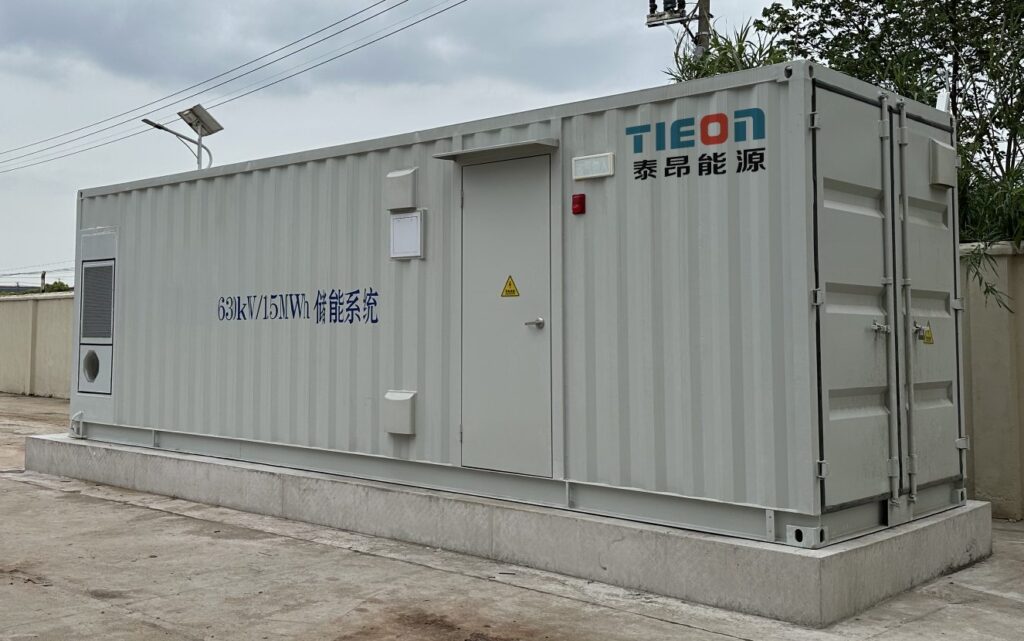
Types of BESS battery technologies
BESS technologies are categorized in various ways.
Lead-acid batteries are more affordable and are perfect for different applications, although the energy density is low. You can find their uses in backup power devices.
Lithium batteries are compact but have high energy density. So, you can use them for industrial purposes.
Flow batteries ensure modular scalability; thus, it is easy to scale them up for larger energy storage needs (like renewable energy integration).
BESS versus ESS- A detailed comparison
Let us compare the energy storage systems based on various factors-
Cost- An ESS battery is best for large-scale thermal or mechanical storage. It needs a high upfront investment; however, it offers several advantages in most applications. Although BESS also needs much investment, the payback period is comparatively short because of its efficiency.
Application- ESS batteries cover different technologies, and you can use them for industrial energy management and grid stabilization. On the contrary, BESS is more focused and useful in projects requiring rapid deployment.
Energy management potential-
Although both BESS and ESS manage energy, the former offers a faster response. You may use BESS for emergency backup. However, ESS solutions, such as mechanical storage units, are best for load leveling.
The comparison between BESS and ESS helps you choose the right commercial energy storage system. You can also contact Tieon to buy BESS or ESS batteries in batches.

